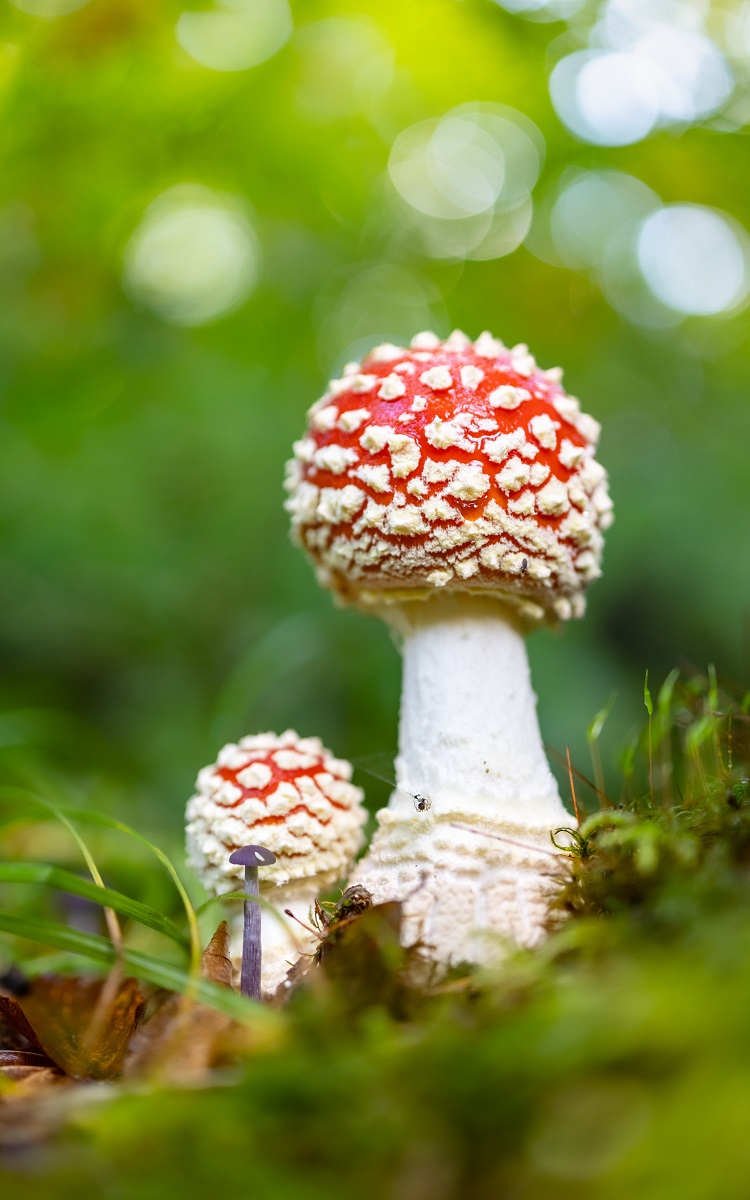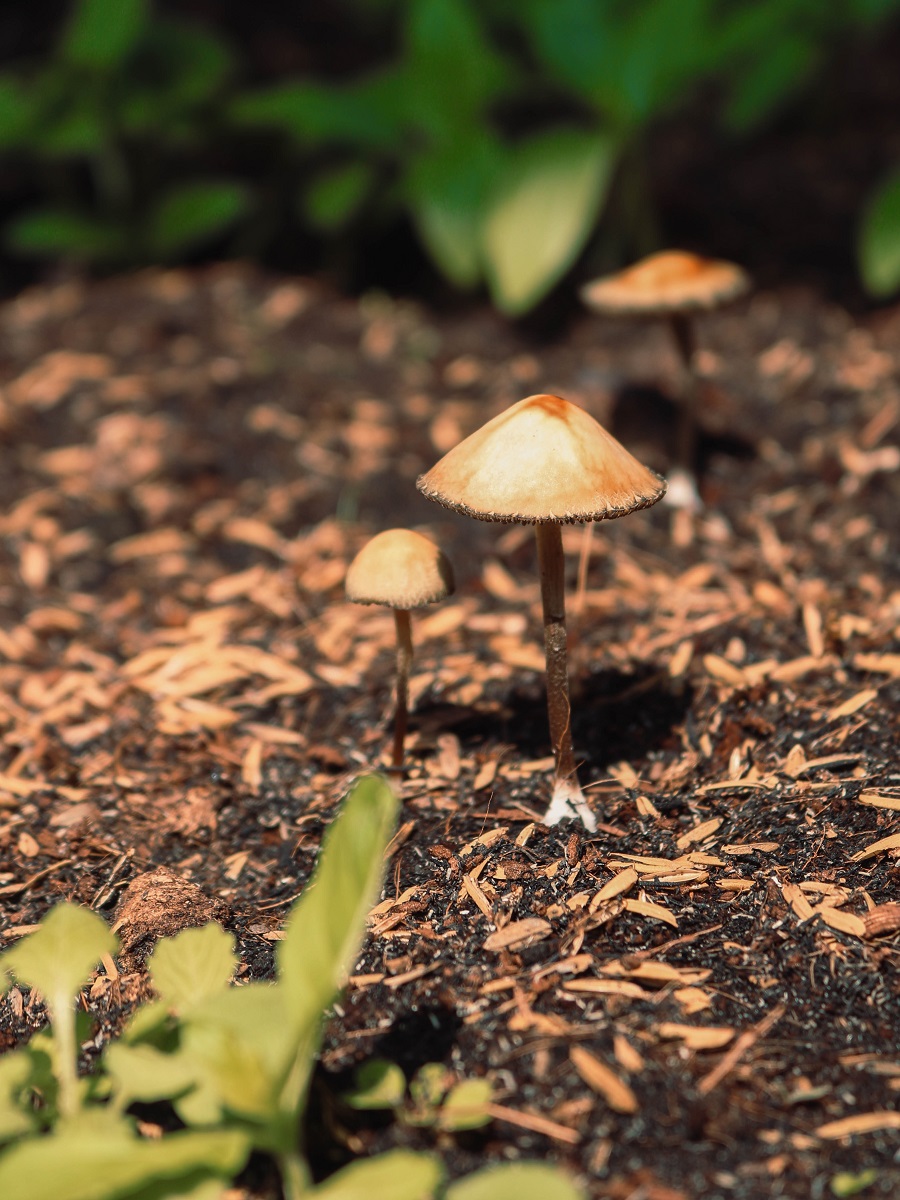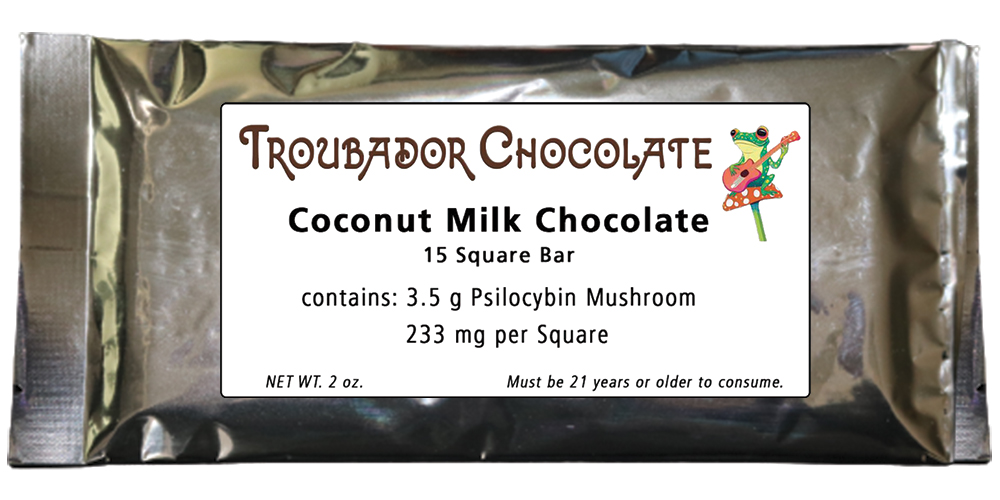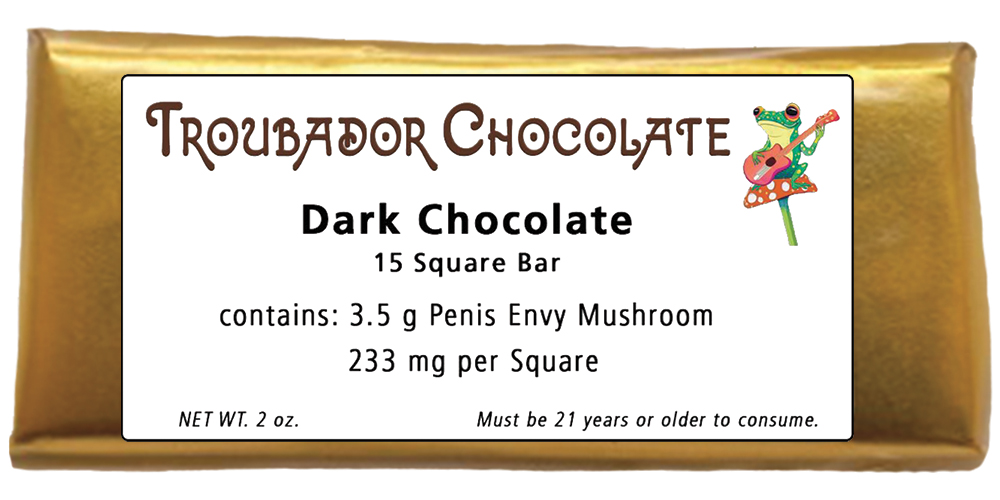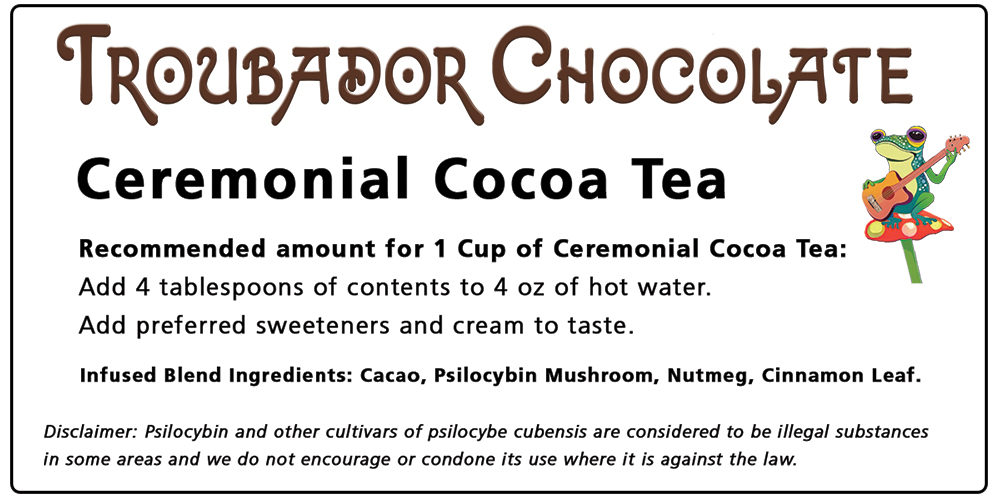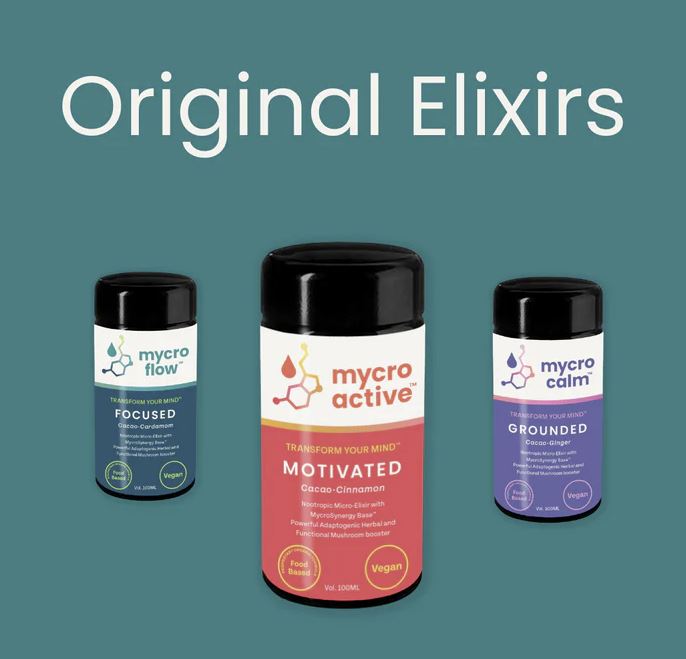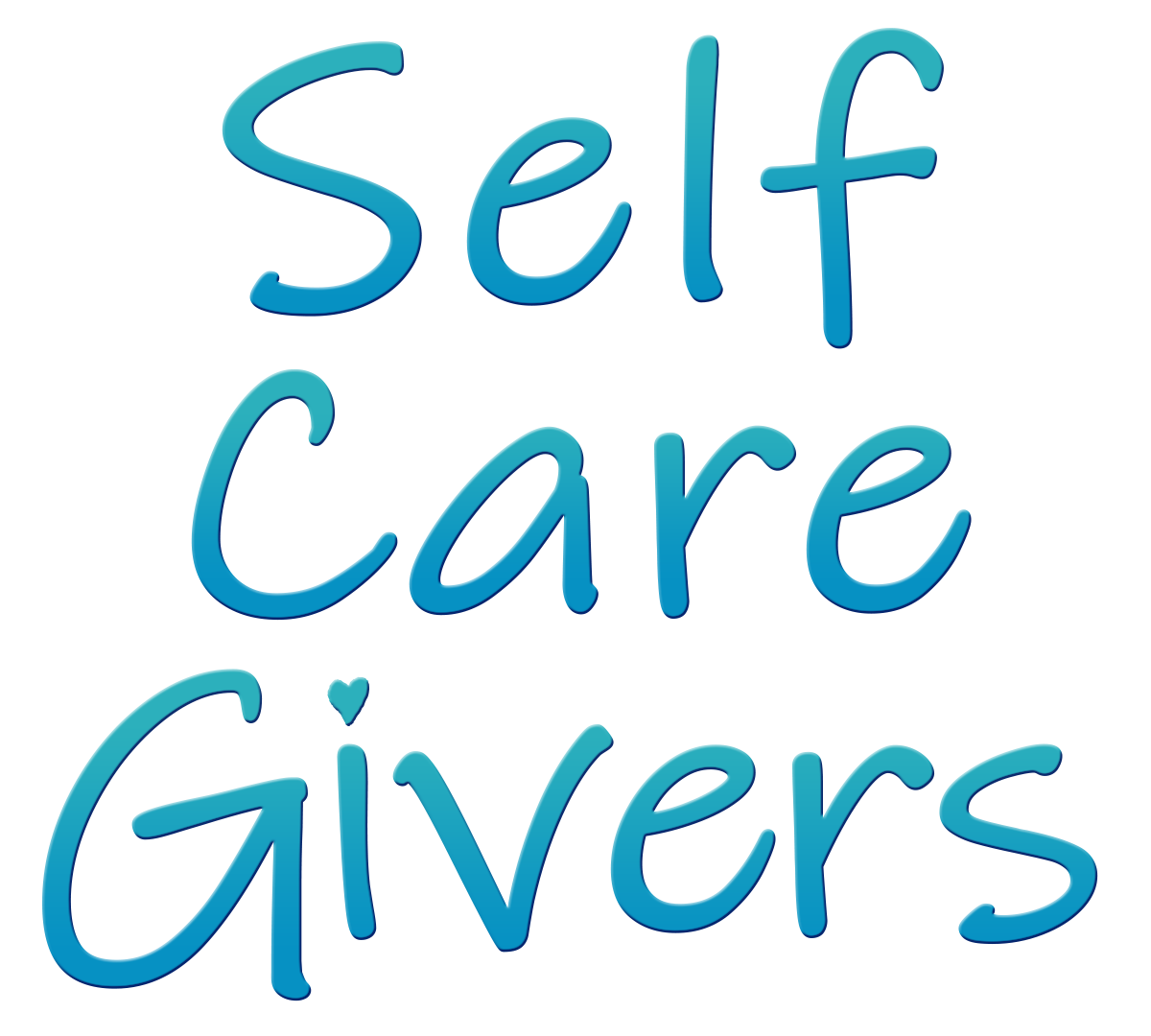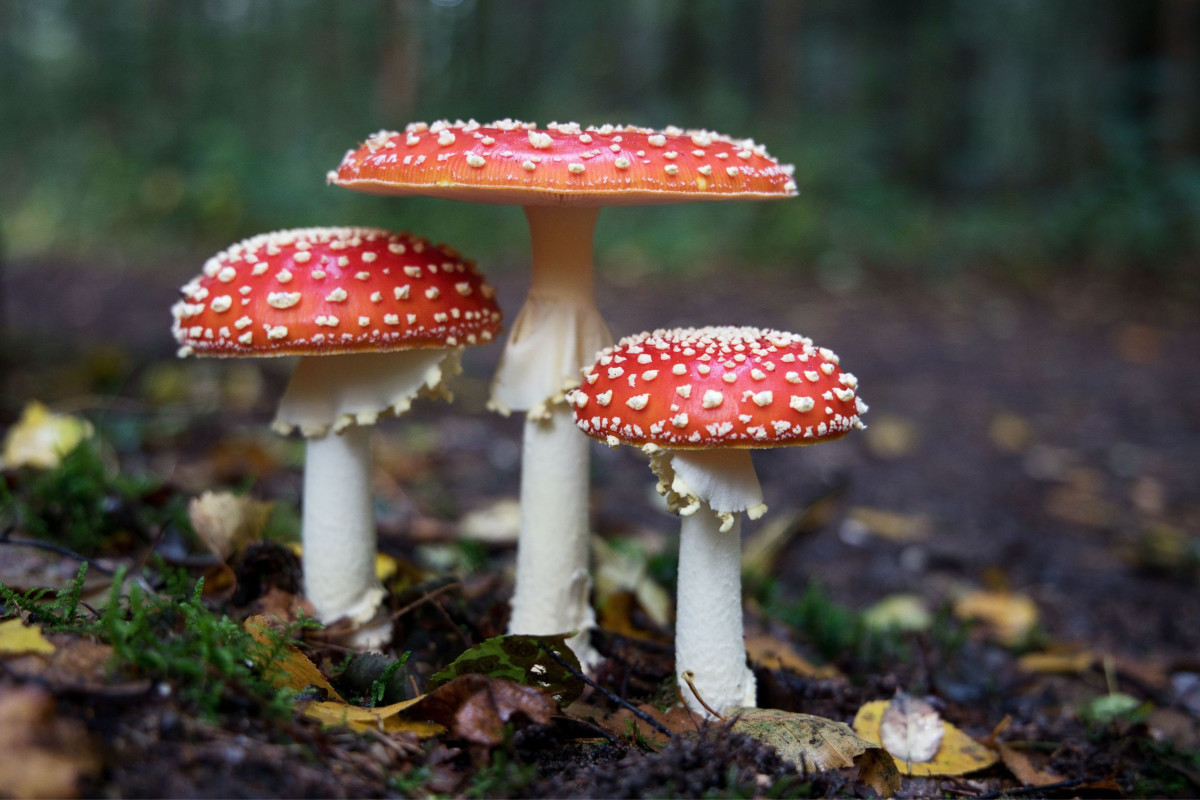
Mental Health Benefits of Microdosing Psilocybin
Microdosing involves taking a sub-perceptual dose of a psychedelic substance, such as psilocybin, with the goal of improving mental health.
While the practice is not yet well understood by science, early research suggests that microdosing may offer several potential benefits:
Reduced symptoms of depression and anxiety: Some studies have found that microdosing psychedelics may reduce symptoms of depression and anxiety, possibly by increasing neuroplasticity and promoting the growth of new neural connections.
Increased creativity: Some anecdotal evidence suggests that microdosing may enhance creativity and problem-solving abilities by stimulating the brain's default mode network.
Enhanced mood and wellbeing: Microdosing may have mood-enhancing effects by increasing the release of serotonin and dopamine in the brain.
Improved focus and productivity: Microdosing may improve focus and productivity by increasing blood flow to the prefrontal cortex, the region of the brain responsible for executive functions such as decision-making and planning.
Reduced alcohol and substance use: Some research has suggested that microdosing may reduce alcohol and substance use, possibly by promoting a sense of wellbeing and reducing cravings.
